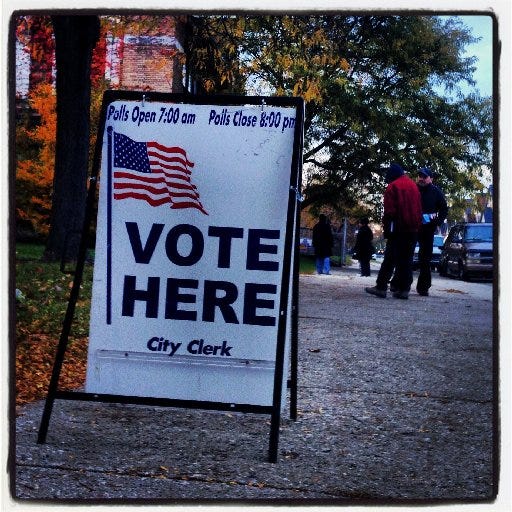Michigan Voting Reforms Complicate Campaign Finance Transparency

Michigan’s recent voting reforms, aimed at increasing voter participation, have inadvertently complicated the state’s campaign finance disclosure processes. This development has raised concerns among transparency advocates and political analysts who fear that the changes could obscure the financial influences shaping Michigan’s elections.
The reforms, which were implemented to streamline the voting process and expand access, have introduced new challenges in tracking campaign contributions and expenditures. According to experts, the legislation has created loopholes that make it difficult to trace the origins of political donations, potentially undermining the integrity of the state’s electoral system.
Background on Michigan’s Voting Reforms
The voting reforms, passed by the Michigan Legislature in 2022, were designed to address issues such as long wait times at polling stations and barriers to absentee voting. The measures included provisions for automatic voter registration, no-excuse absentee voting, and extended early voting periods. While these changes were broadly welcomed for enhancing voter access, they have inadvertently impacted the state’s campaign finance laws.
Campaign finance experts argue that the reforms have led to a lack of clarity in reporting requirements. The legislation’s broad language has resulted in differing interpretations of what constitutes a reportable campaign expenditure, leading to inconsistencies in disclosure practices.
Implications for Campaign Finance Transparency
Transparency advocates have expressed concern that the current system allows for significant amounts of “dark money” to flow into Michigan’s political campaigns without adequate oversight. This lack of transparency could enable special interest groups to exert undue influence over the electoral process without public scrutiny.
“The reforms have inadvertently opened the door to increased political spending with less accountability,” said a spokesperson from the Center for Responsive Politics. “This is a step backward for transparency in Michigan.”
Secretary of State Jocelyn Benson has acknowledged the challenges posed by the new reforms and has called for further legislative action to address the gaps in campaign finance disclosure. Benson emphasized the importance of maintaining transparency to ensure public trust in the electoral process.
Expert Opinions and Historical Context
Political analysts have drawn parallels between Michigan’s current situation and similar issues faced by other states that have implemented voting reforms. In several cases, efforts to expand voter access have inadvertently led to complications in campaign finance regulations, highlighting the need for careful legislative drafting.
Experts suggest that Michigan could benefit from examining the experiences of states like California and New York, which have implemented comprehensive campaign finance reforms alongside voting access measures. These states have established clearer guidelines for reporting and disclosure, ensuring that increased voter participation does not come at the expense of transparency.
“It’s crucial that Michigan learns from these examples and enacts reforms that balance voter access with robust financial disclosure,” said a political science professor at the University of Michigan.
Looking Ahead: Potential Solutions
As Michigan grapples with these challenges, lawmakers and advocacy groups are exploring potential solutions to enhance campaign finance transparency. Proposed measures include clarifying the definitions of reportable expenditures, increasing penalties for non-compliance, and enhancing the state’s digital infrastructure for tracking campaign finances.
The Michigan Legislature is expected to revisit the issue in upcoming sessions, with bipartisan support for measures that would strengthen the state’s campaign finance laws. Meanwhile, advocacy groups continue to push for greater transparency and accountability in the political process.
Ultimately, the resolution of these issues will be critical in ensuring that Michigan’s elections remain fair and transparent, preserving public confidence in the democratic process.






